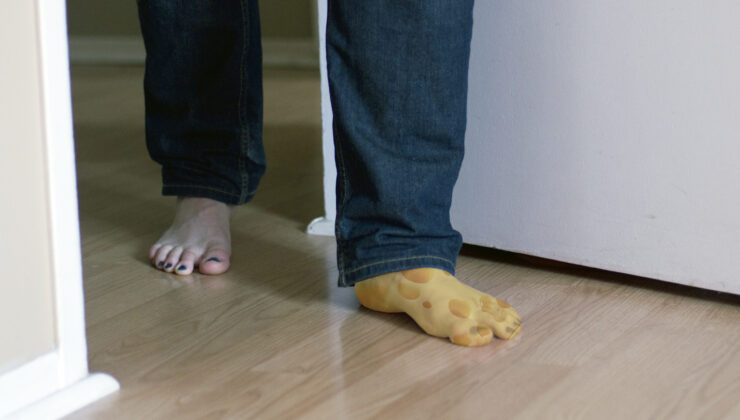Ontario university considers teaching students one course at a time
TORONTO (CUP)—ALGOMA UNIVERSITY IN Sault Ste. Marie, Ont. is considering the switch to a “block plan” that would allow students to study courses one at a time instead of the usual four or five courses per semester.
“You spend 15 hours per week on a course, you do it for three weeks, you do an exam, and you’re done, and you move onto another one,” said Richard Myers, president of Algoma University. “A block plan simply reverses the prevailing mode of doing things.”
A major factor in the proposal revolves around an expected higher level of student engagement resulting from a short burst of heavier learning. This concentration on a certain subject is seen as easier to manage than balancing workloads of various courses simultaneously.
An academic planning committee at Algoma’s senate will now analyze the proposal, with a decision expected in early 2012. The estimated cost of Algoma switching to a block plan is $2 million.
—Lee Richardson, CUP Ontario Bureau Chief
Occupy Nova Scotia mulling legal action after eviction
FREDERICTON (CUP)—FOURTEEN OCCUPIERS WERE detained on Nov. 11 for obstruction of justice when officers entered Victoria Park to enforce a city bylaw that prohibits camping in public parks.
Two of the 14 individuals arrested on Nov. 11 were detained on Nov. 12 for violating the terms of their release. A third protester was arrested for obstructing an officer at the time. The occupation relocated from Grand Parade Square for the Remembrance Day ceremony with plans to return to the original location the following day.
Ian Matheson, a protest organizer and Occupy Nova Scotia’s legal adviser, questioned the legality of the move, but local police workers said everything was legal.
“Once an officer is attempting to affect an arrest, they have the right to use as much force as reasonable to affect the arrest if the person is resisting,” constable Brian Palmeter said.
—Colin McPhail, CUP Atlantic Bureau Chief
New Brunswick considers two-tiered minimum wage
FREDERICTON (CUP)—THE NEW BRUNSWICK government is circulating a survey to gather opinions on two-tiered minimum wage, a system that could see servers make less in regular wages.
“[The results] are going to be used by the government to make a decision on whether or not they are going to implement a tip differential for alcohol servers,” said Marie-Josée Groulx, spokesperson for the Department of Post-Secondary Education, Training and Labour.
If the tip differential is implemented, servers who make both tips and wages could be making less in wages. In the section of the survey reserved for restaurant owners, it asks what they believe the difference should be between the server rate and minimum wage. Available responses range from $0.50 to $2, with an option to include the amount they deem appropriate.
The survey stresses wages were not reduced in other provinces with a tip differential. Groulx said the survey results will be looked at in the new year.
—Hilary Paige Smith, the Brunswickan
Rapid HIV testing clinics continue at UBC
VANCOUVER (CUP)—RAPID HIV TESTING clinics on the University of British Columbia (UBC) campus are making it possible for students to find out their status in 60 seconds, dramatically quicker than the one- to two-day wait usually required for HIV test results.
The rapid HIV testing clinics are part of the Seek and Prevent for Optimal Treatment (STOP) HIV/AIDS project, a joint initiative from UBC Student Health Service and Vancouver Coastal Health. It is meant to encourage sexually active students—or those who have used intravenous drugs—to be tested annually for HIV.
According to Patricia Mirwaldt, Student Health Services director at UBC, 55 to 60 per cent of undergraduate students are sexually active and, of those, most have had one or two partners. Yet only an estimated 30 to 34 per cent of students have ever had an HIV test.
Sexually active heterosexual women are the campaign’s targeted demographic—a growing number of HIV diagnoses have been of heterosexual women, who aren’t typically considered “at risk.”
—Spencer Toffoli, the Ubyssey




